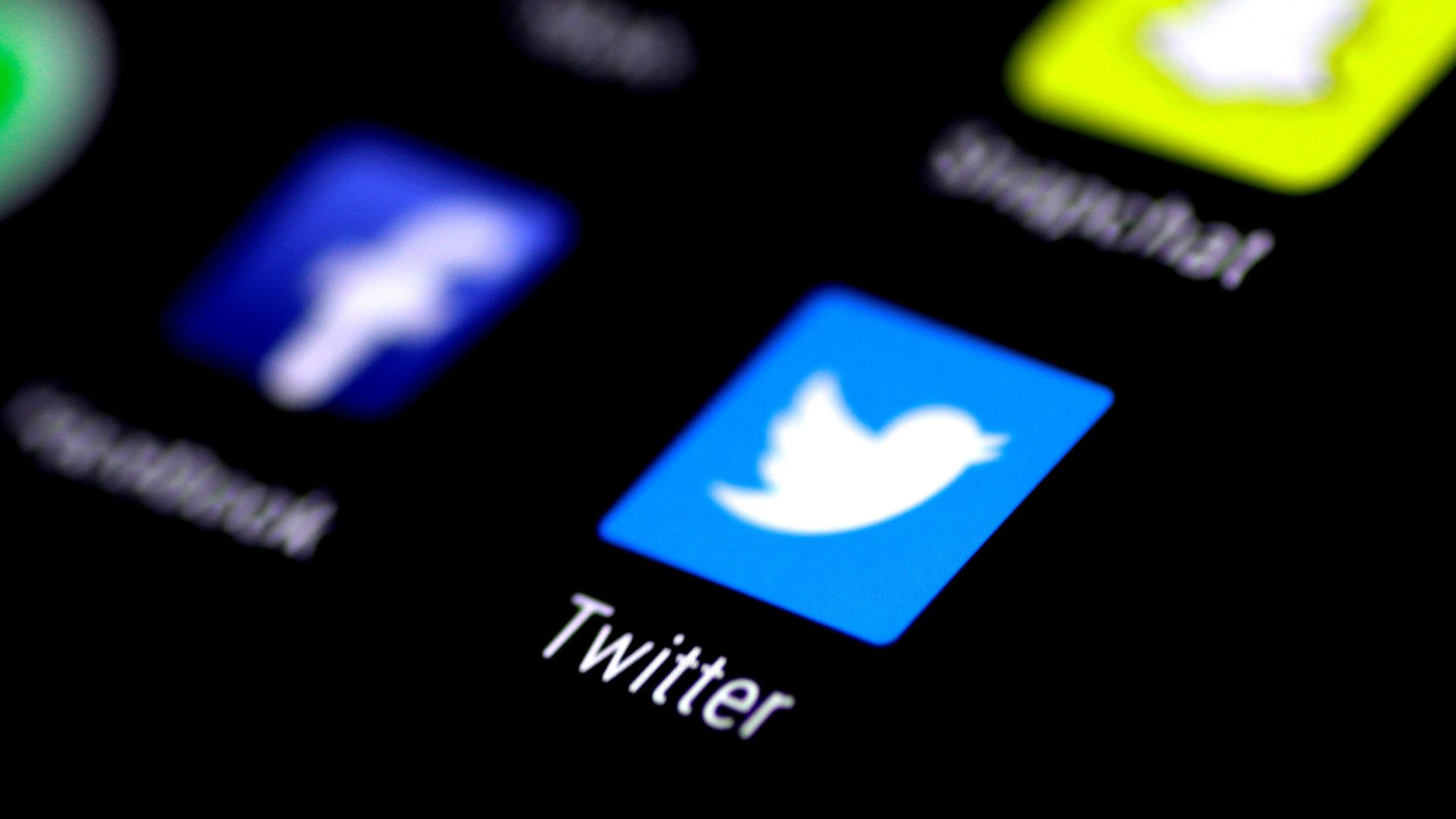The US-Iran crisis is playing out in real time among officials on Twitter
Tensions continue to grow after US president Donald Trump ordered the killing of Iranian major general Qassem Soleimani. And they are playing out publicly among world leaders and diplomats on Twitter.


Tensions continue to grow after US president Donald Trump ordered the killing of Iranian major general Qassem Soleimani. And they are playing out publicly among world leaders and diplomats on Twitter.
On Friday, Iran’s supreme leader Ali Khamenei threatened to retaliate using the hashtag #SevereRevenge. The next day, Trump tweeted that the United States had identified potential targets for new strikes, and that the list included cultural sites. On Sunday, Iran’s foreign minister Javad Zarif tweeted that targeting such sites is a breach of international law that could amount to war crimes.
Also over the weekend, the president used the platform to notify Congress of his intention to wage war against Iran if it attacks the United States. In response, the Foreign Affairs Committee, which is controlled by Democrats, used Twitter to remind the president that only Congress has the power to declare a war.
This is not the first time that the president used the platform in this way. He has made policy decisions, threatened nations, and fired aides, all via Twitter. But this time the stakes are higher than ever. And, significantly, more officials around the world are now also using Twitter to respond. As a result, the American president is succeeding in transforming Twitter into an accepted venue for official exchanges. Diplomats dealing with the crisis, for instance, are conducting much of their statecraft on Twitter.
The risks are obvious. When they tweet, politicians and diplomats often skip the advice of aides and experts, leading to more impulsive decisions. They also risk contradicting each other, or their country’s own foreign policy goals. During the weekend, Trump intensified the crisis by threatening Iran even as his secretary of state tweeted that the United States sought to reduce tensions.
Richard Haass, an American diplomat and president of the Council on Foreign Relations, told NPR in 2018 that statements from the president are the most important means of leverage the country has, and they shouldn’t be spoken without careful consideration.
“So the idea that it would be done casually or impulsively seems to me to undermine one of the most important tools the president of the United States has in his possession,” he said.
The platform itself affects the debate. Official communication between the executive and the legislative, an important ritual in a functioning democracy, is now practiced in short blurbs filled with @s, hashtags, and spelling mistakes. Diplomatic communications, which can be nuanced—each word is often examined and measured—ends up debased on a platform that, by design, reduces complex thinking to sound bites.
The result is that debates on subjects as paramount as war are being waged using the simplistic and inflammatory language of Twitter, and questions of life and death are being solved via memes, subtweets, clapbacks, and burns.